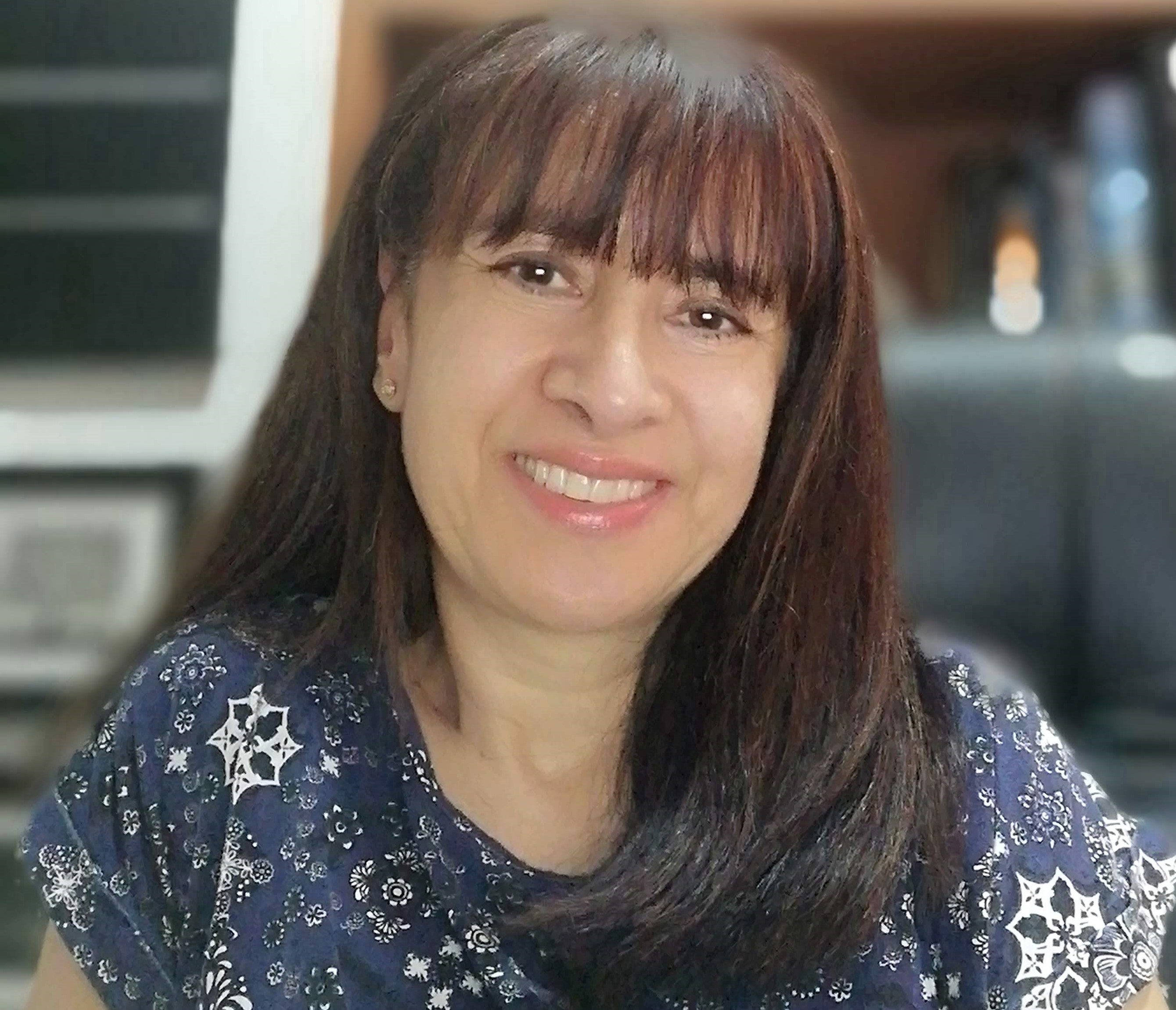Intersectionality and privilege in English Language education academia: A female voice from the Global South
 English language education scholarly work has been a predominantly male nativespeakerist Global North scenario. Publications, conferences, testing, consultancy, materials design, and academic expertise, among other issues, are full of processes of differentiation and forms of inequality in access to and participation for many female nonnative speakers of English from the Global South. Using an intersectionality lens and an elaboration on the wheel of privilege and power, I address in this talk various challenges that paved the bumpy road to making visible the academic contributions of marginalized professionals in English language teaching, teacher education, and professional development. I intend to raise awareness of discriminatory practices and call for transformative practices that foster transformative professional collaboration and respect in our profession.
English language education scholarly work has been a predominantly male nativespeakerist Global North scenario. Publications, conferences, testing, consultancy, materials design, and academic expertise, among other issues, are full of processes of differentiation and forms of inequality in access to and participation for many female nonnative speakers of English from the Global South. Using an intersectionality lens and an elaboration on the wheel of privilege and power, I address in this talk various challenges that paved the bumpy road to making visible the academic contributions of marginalized professionals in English language teaching, teacher education, and professional development. I intend to raise awareness of discriminatory practices and call for transformative practices that foster transformative professional collaboration and respect in our profession.
Bio
Adriana González holds a doctoral degree in Linguistics from the State University of New York at Stony Brook, an M.A. in Language Sciences from the Université de Nancy II (France), and a B.Ed. English-Spanish from Universidad de Antioquia. She is a Professor at the School of Languages at Universidad de Antioquia in Medellín, Colombia. Her professorship activities include teaching courses in the B.Ed. in Foreign language teacher education, the master’s in Foreign Language Teaching and Learning, and the Doctor of Education. In the graduate programs, she teaches seminars and advises students in the research lines on Teacher Education and Professional Development and Multilingualism, Culture, and Education.
Her areas of academic interest, research, and national and international publications include English teachers’ professional development, language policies, English as a Lingua Franca, and World Englishes.
Dr. González has served as Director of the School of Languages and Director of the Office of International Affairs at Universidad de Antioquia. She also served as a board member of the National Commission for the Assurance of Quality in Higher Education.